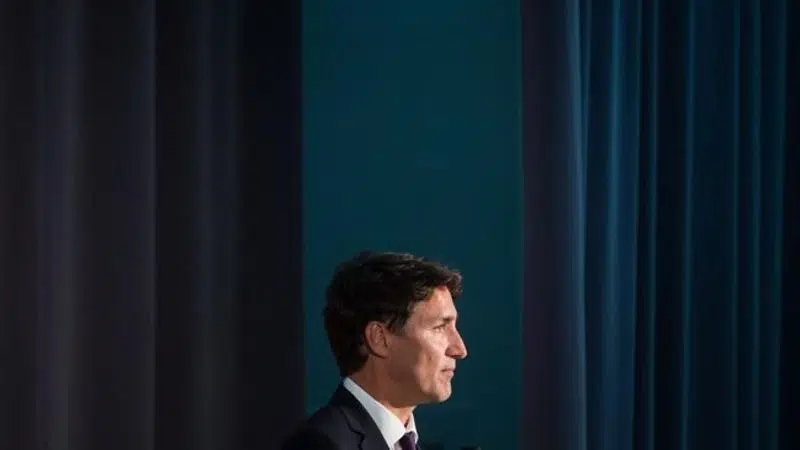
New book assesses Trudeau government’s record of living up to pledges
OTTAWA — A new book arriving on the eve of the federal election campaign is offering policy geeks a comprehensive take on whether Justin Trudeau lived up to his 2015 vows.
At the heart of the 237-page publication — the product of work from two dozen Canadian academics — is an analysis of 353 Liberal pre-election promises and an evaluation of how many have actually been fulfilled since Trudeau’s team took office.
In short, the experts found that by March of this year Trudeau’s government had entirely followed through on about 50 per cent of its pledges, partially delivered on about 40 per cent and had broken roughly 10 per cent.
The authors say the book — which also features a deep plunge into the weeds of about a dozen key policy areas — will not only interest wonks, like scholars and journalists, but can serve as a primer for all voters ahead of October’s election.


